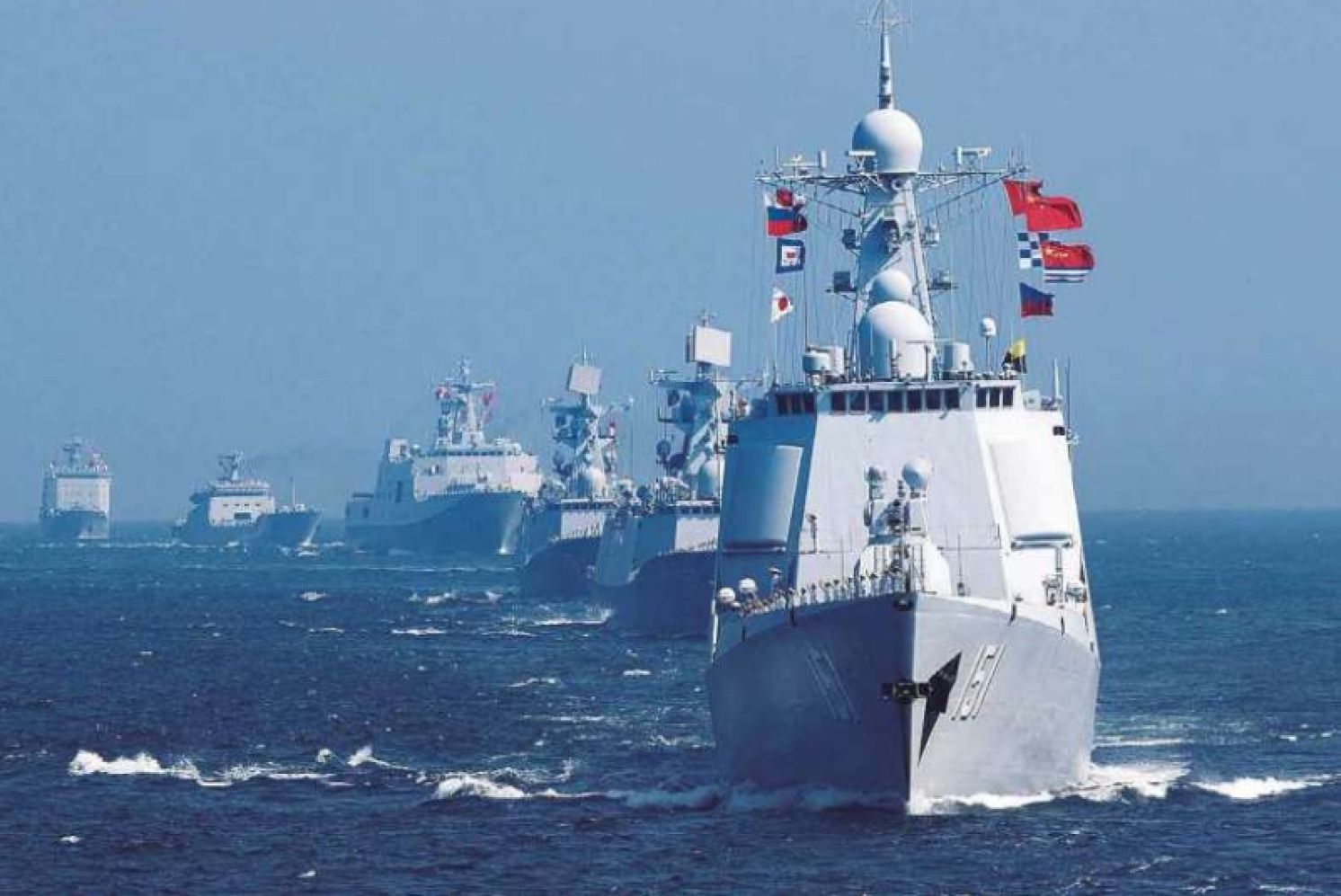
This Week in Taiwan 1210-1216
December 11: Cross-partisan negotiations on a draft bill to tighten security at military facilities have been completed, and legislation is expected in the near future. The proposed legislation empowers the Armed Forces to define military camps as wherever troops conduct military exercises; the military can control, expel, prosecute, and fine "violators" such as those who take unauthorized photos; it can even search social media or material published by the media afterward if the content is considered to have security concerns; fines may even be issued and legal action taken. The bill has attracted scrutiny about expansion of the executive powers.
December 11: The military security corps of the Ministry of National Defense and the Taiwan High Prosecutor's Office jointly cracked a spy case at the end of July. Seven active-duty officers found involved are now being prosecuted. According to information provided by the prosecution cited by a news weekly, Communist China promised that the officers involved would receive an award of US$15 million for successfully landing the CH-47SD Chinook on the People's Liberation Army (PLA) aircraft carrier Shandong.
December 11: Kuomintang (KMT) presidential candidate Hou Yu-ih announced his platform on national defense and foreign policy. He proposes to create a deterrent military force through 10 major projects. He will announce a "National Security Strategy" of the Republic of China (Taiwan) within 10 months of taking office and will make concrete a three-dimensional strategy (deterrence, dialogue, and reduction of risk) and deepen military exchanges with the United States. Additionally, he plans to establish under the Executive Yuan a National Defense Mobilization Committee chaired by the vice premier to improve military education and increase the budget by millions to raise the monthly salary of volunteer military personnel by NT$10,000 (about US$318).
December 12: Robert Sutter, a professor at the Elliott School of International Affairs, George Washington University, opined in the Diplomat that no matter who is elected in Taiwan's 2024 presidential election, U.S. policies will remain consistent. What is more important is the American election. If former President Donald Trump returns to the White House, his "America First" principle and unpredictable behavior will cast a variable on Washington's policy on the Taiwan Strait and may even pose an adverse impact on Taiwan.
December 14: The Central Bank announced its latest forecast, revising down Taiwan’s economic growth rate this year to 1.4 percent from 1.46 percent, while the forecast for next year has been raised to 3.12 percent from 3.08 percent. In terms of prices, the Central Bank predicts that the annual growth in the consumer price index (CPI) this year will be 2.46 percent, and it will fall to 1.89 percent next year, below the 2 percent threshold.
Although the Federal Reserve has stated that it will cut interest rates three times next year, Governor Yang Chin-lung of the Central Bank has not disclosed additional information, only saying that the interest rate cycle is coming to an end.
December 15: Taiwan's five major electronics firms are decentralizing production bases. In addition to Hon Hai (Foxconn), Pegatron, and Wistron, which have already set up plants in India, contract manufacturer Compal Electronics will also move to India due to the request of communications customers. Compal General Manager Wong Chung-pin confirmed that the group is indeed considering the option, but no official decision has been made yet.
December 15: Mainland China's Ministry of Commerce announced in advance a trade barrier investigation against Taiwan after officially determining that Taiwan's restrictive measures constitute "trade barriers." In the future, it can respond through bilateral consultations, a multilateral dispute settlement mechanism, and "other appropriate measures."
The Executive Yuan responded that China's unilateral trade barrier investigation and investigation results against Taiwan violate World Trade Organization (WTO) mechanisms and norms and are completely inconsistent with the facts. Taiwan will not accept it and calls on China to immediately stop political manipulation.
December 15: Both houses of the United States Congress have successively passed the National Defense Authorization Act for the next fiscal year. The budget of more than $800 billion includes plans to increase salaries for soldiers, respond to competition from China, support the AUKUS initiative, and assist Taiwan in strengthening its self-defense capabilities. The next step will be to submit the bill to the White House for President Joe Biden to sign into law.